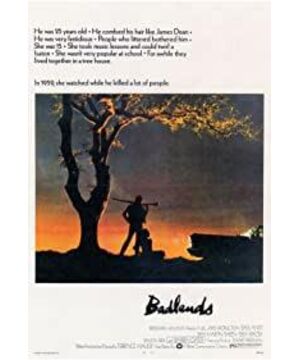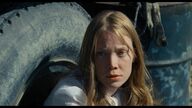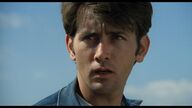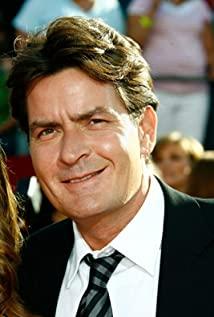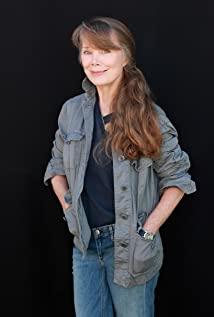As a director, Terrence's degree of slowness is almost hateful to movie fans. On average, it took nearly 8 years to produce one. There are very few works, and there is no suspicion of listing information in all of them: "Poor Mountains and Bad Waters" in 73, "Day of Heaven" in 1978, "Thin Red Line" in 1998, "New World" in 2005, and then, the present The "Tree of Life", which has been under construction for a long time, has not been completed. Now it seems that as a debut work, "Poor Mountains and Evil Waters" is not surprising and easier to understand. "Poor Mountains and Evil Waters" reveals some common characteristics of all his works, although this is only an afterthought.
His works are in the same line as his calm personality, and this person doesn't seem to care about genre, business, drama, etc. at all. On different occasions and contexts, some directors have been given the title of image poets, and some of them are not lacking in second-rate titles. No matter how you count the image poets, you must count Terrence.
Just telling the plot of "Poor Mountains and Evil Waters", it sounds like a pair of mandarin ducks desperately bound to the world, or in a common saying: like a cheap romantic novel, similar stories have 67 years of Arthur Payne’s " "Bonnie and Clyde" and later "California Killer" starring Brad Pitt in 1993, and Oliver Stone's "Born Murderer" in 1994. Regarding the confrontation between police and robber, there are too many examples in the police films of the 1930s, such as Fritz Lang's "Furious." All these films have some similarities in content with "Poor Mountains and Evil Water", and they are far from the essence of the core.
The logic followed by the characters in Terrence's film is a simple, unmotivated psychological push. The resulting behavior may be good or evil, but it must have a natural beauty that does not need to be praised. Unlike "Bonnie and Clyde" and other films, "Poor Mountains and Waters" abandons social significance to a certain extent. It also involves society's influence on the protagonist (harm), but this is the same as the protagonist’s motivation, and the original intention is innocent. .
Both "Poor Mountains and Bad Waters" and later "Days in Paradise" contained a lot of empty shots. The director moved his love for the beauty of nature to the screen one by one. Note that these landscapes are not the same as tourist posters such as postcards. I love nature, and agriculture is the closest to nature. The male protagonists in these two films are engaged in agriculture-related work. But the director does not exclude modern civilization (industry), although it is the prejudice (class, occupation) brought by modern civilization that led to the tragedy of "Poor Mountains and Bad Waters". In "Day of Heaven", agriculture and industry (threshers, trains) constitute a beautiful and poetic picture, and the machine is full of vitality just like the human itself. Terrence is the director’s agricultural poet.
The landscapes of the Midwestern United States in the shots of "Poor Mountains and Bad Waters" and "Day of Heaven" are not the same as those in Western films. In order to highlight the heroic image in Western films, the landscapes are mostly sandy, desolate, and uncultivated land; the Midwestern landscapes in Terrence's films are mostly grasslands and woods, full of vitality, Terrence is choosing for nature Western landscape, non-western film directors must be "western" for the west.
The relationship between the characters and society in the film is harmonious on many levels (a scene of the protagonist and the policeman near the end of "Poor Mountains and Bad Waters"). The relationship between men and women in "Poor Mountains and Evil Waters" and the subsequent "Day of Heaven" maintain a high degree of consistency, and the two have a laissez-faire attitude towards the behavior of both parties most of the time. They love each other without interference, a very modern way of love.
Throughout the whole film, the poetry of the film is abstract and intimate, not as classical and obscure as the pictures in Tarkovsky's films. The story of refusal to romanticize is advanced by the rein-style narrative with some indulgent faith, but the restrained emotion keeps the camera at a moderate distance. After all, its poetry is full of vitality, rather than dry, abstract and distant expressions. It is not an exaggeration to describe it as picturesque and poetic in the language of the lens.
View more about Badlands reviews


